Is your child a picky eater, or do they snack too much? Do they tend to skip meals or throw tantrums when made to eat certain foods? Eating, while an essential part of everyday life, can sometimes create complex problems in kids, especially when you add unrealistic body ideals, crazy diets, workout plans, and strict restrictions into the mix!
But what if you could show kids that food is not just for the body but for the mind? Building a healthy relationship between your kids and food ensures their holistic growth and development.
Thank you for reading this post, don't forget to subscribe!
We provide more positive and goal-oriented ways to help your child foster a healthy relationship with food so that they look forward to it, no matter what meal it is!
1. Avoid Sugary Food
Do Not
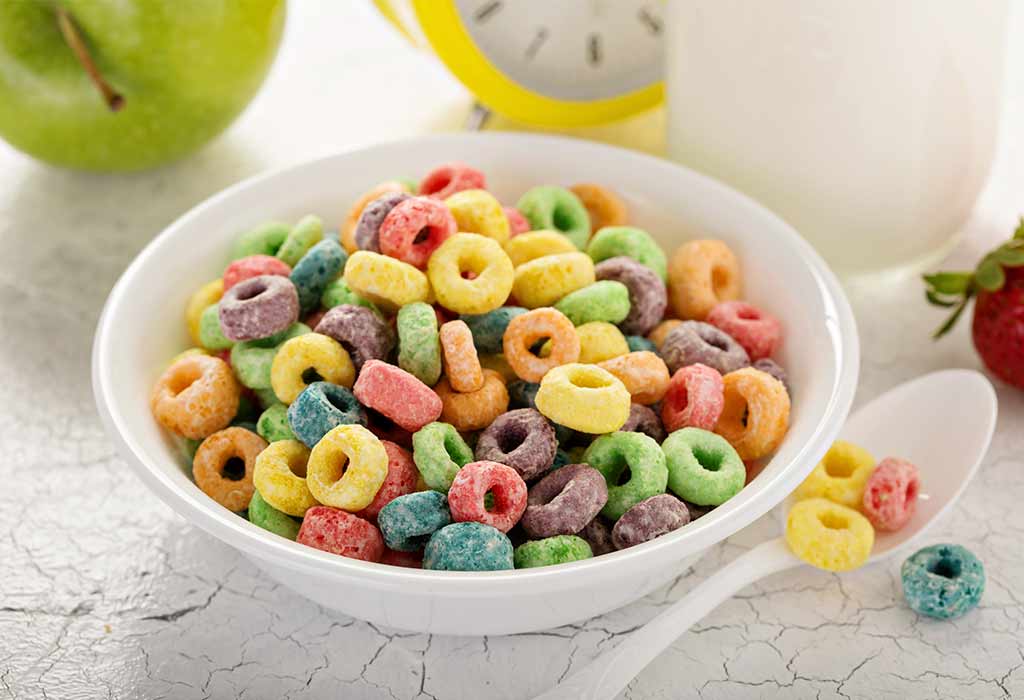
Encourage sugary packaged breakfast cereals for your kids. These also tend to contain harmful food dyes and preservatives, which you don’t want in your child’s food!
Instead
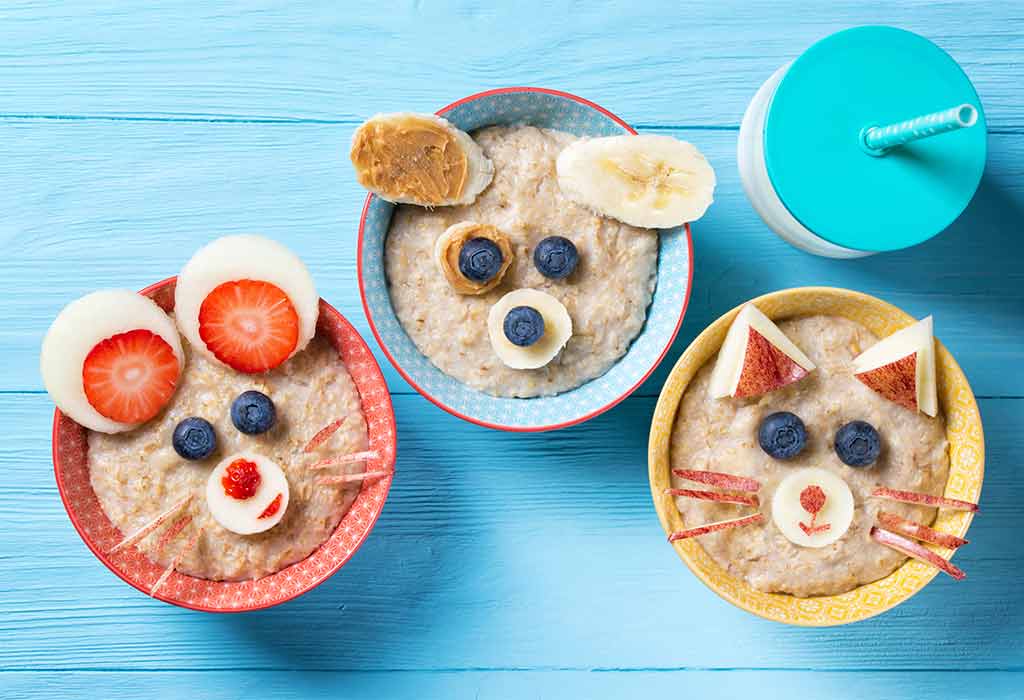
Make breakfast smoothie bowls, eggs, oatmeal, or yoghurt bowls with nuts, fruits, and healthier alternatives to popular kid breakfast options like pancakes and waffles.
2. Don’t Force Your Child to Eat
Do Not

Force your child to finish everything on their plate if they are full. Forcing children to eat something when they don’t want it or are full makes them dislike the idea of that food the next time it is served, creating a negative relationship with that food.
Instead
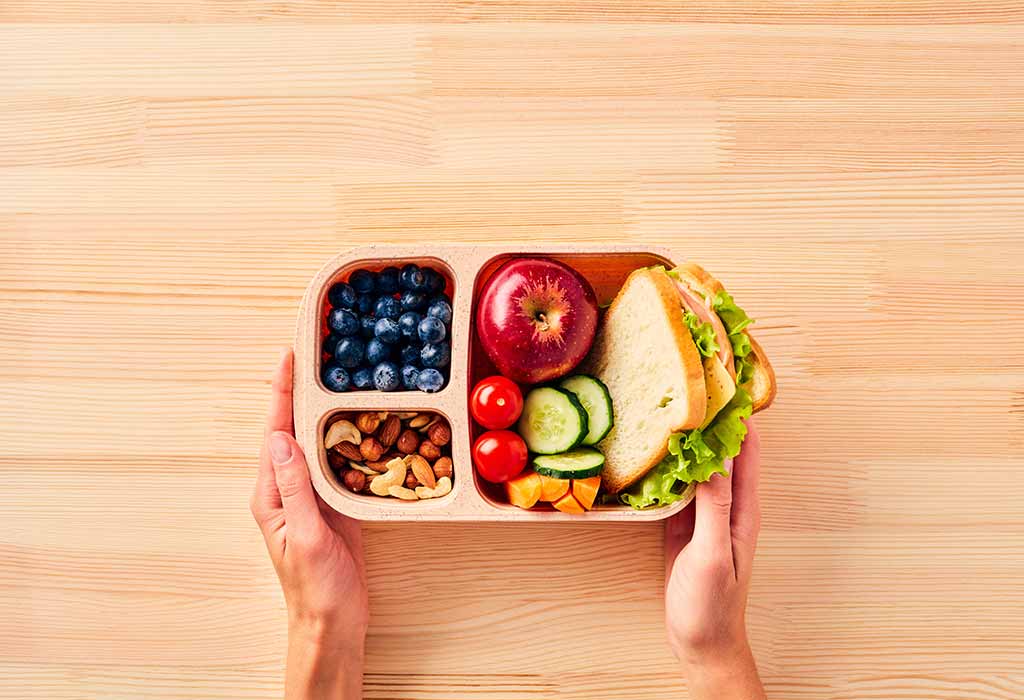
Serve smaller portions and arrange each item for them in sections. Seeing their food and what they eat, particularly in manageable portions, makes them more likely to finish what they are served and happy to try the different servings.
3. Do Not Comment On Your Child’s Appearance
Do not
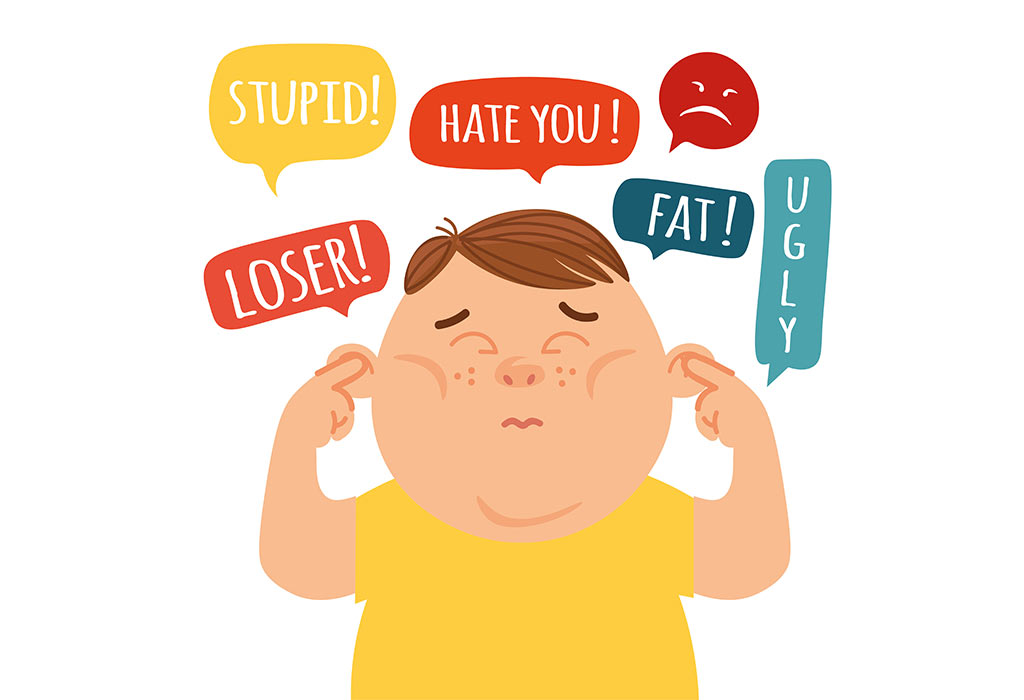
Make comments on your child’s physical appearance. This not only creates unhealthy eating habits but also has a devastating effect on their mental health, leading to depression, anxiety, and stress.
Instead

Speak about their non-physical good qualities, buy clothes that fit their bodies, and discuss how food fuels their growth. This creates a positive relationship with their bodies and an even better one with food.
4. Don’t Try and Sneak Healthy Food Into Meals
Do not
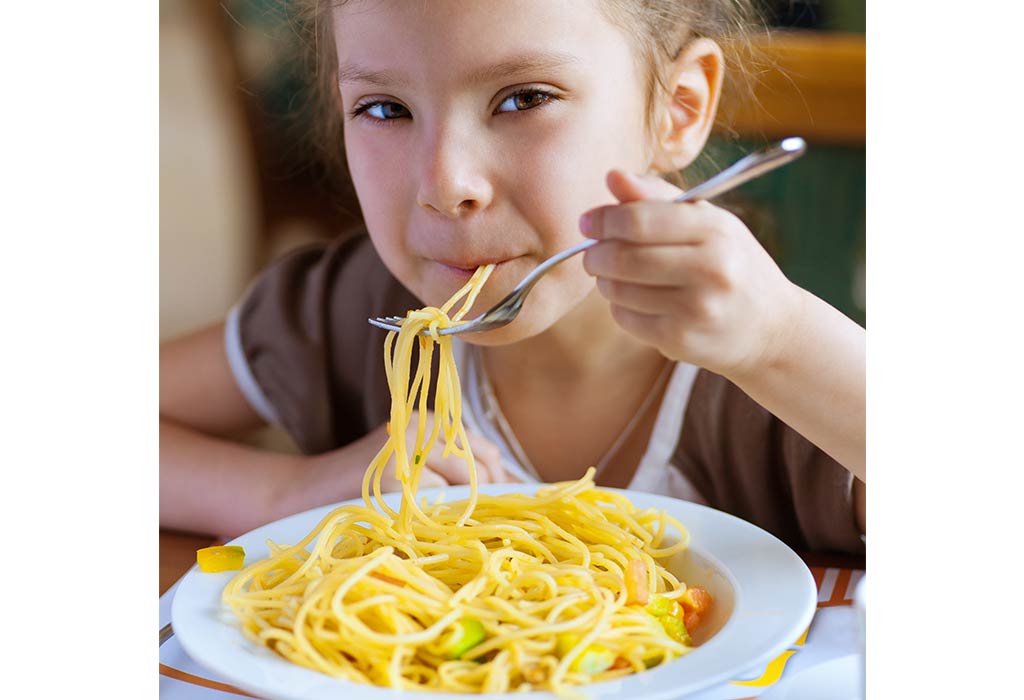
Be “sneaky” about hiding veggies and fruits in your kids’ meals. While many parents think this is a foolproof way of getting their children to eat healthy, they eventually catch on. Additionally, trying to feed them food this way makes them more distrustful and less likely to understand why they should eat it, making them avoid it more.
Instead

Involve them in cooking, from grocery shopping to prep to tasting! This will help them understand food better and also develop essential life skills.
5. Don’t Use Food as a Reward/Punishment
Do Not
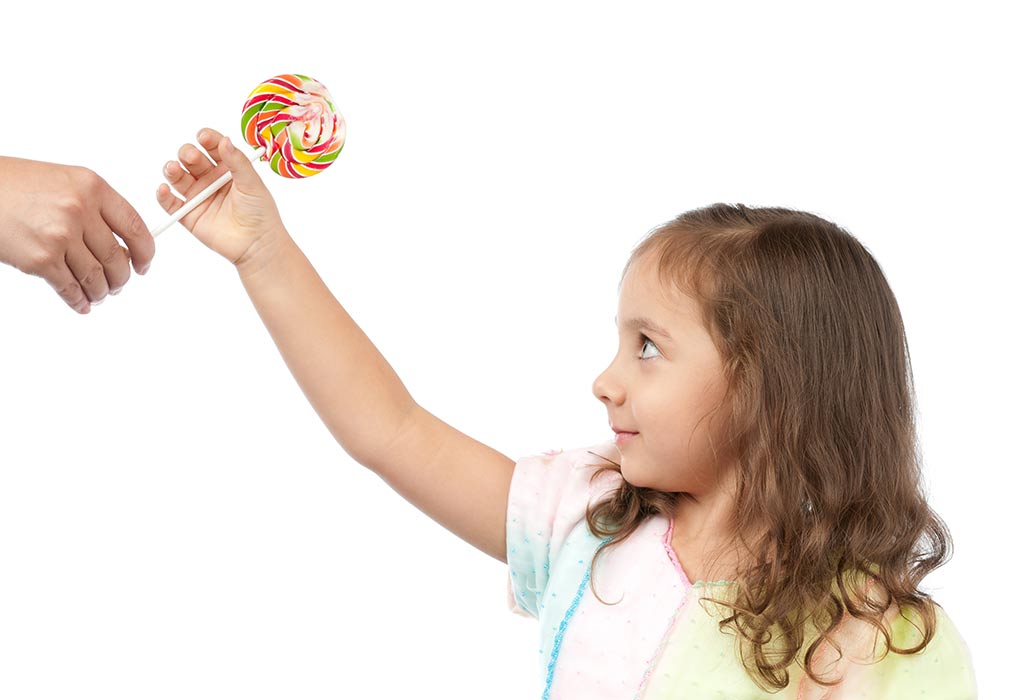
Use food as a form of reward or punishment. Such forms of behavioural control can often lead to confusion and distrust in children, as they tend to make unhealthy comparisons between what is ‘good’ food and ‘bad’ food. It can also cause them to perform certain behaviours to keep receiving rewards or avoid punishment.
Instead

Reward good behaviour with experiences, quality time, and small gifts that support their hobbies. For bad behaviour, express your displeasure and redirect them towards healthier expressions such as quiet time.
6. Don’t Label Food as Good or Bad
Do Not
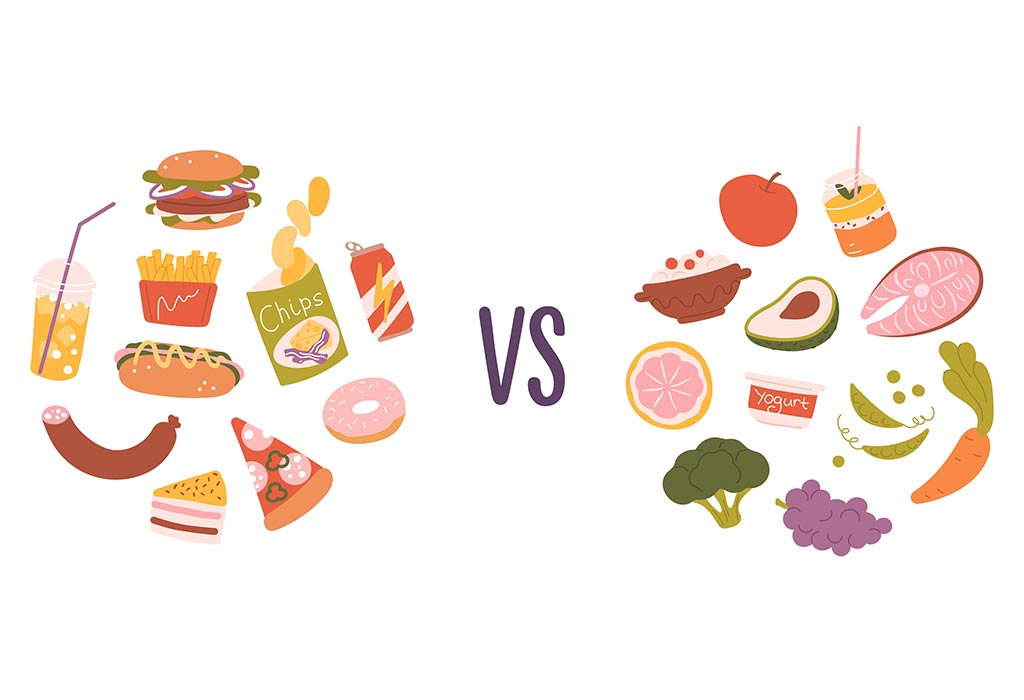
Label food as ‘good’ or ‘bad.’ This creates unrealistic expectations and avoidance of food. It also has the reverse effect because healthy food might sometimes be avoided because they dislike it. It also takes away from a balanced diet because many foods labelled as bad might be essential to consume, so long as they are done in healthy portions
Instead
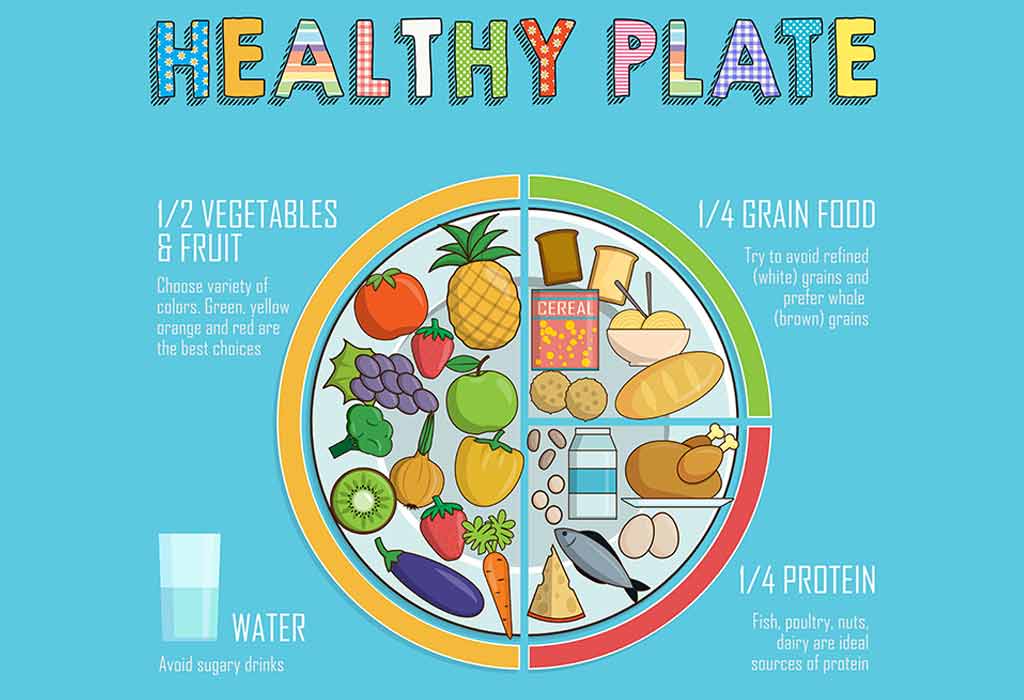
Be mindful about teaching them the beneficial properties of each food on their plate and let them pick what they’d like to eat some days.
For example, “Spinach makes your bones strong! Shall we make some today, and then you can show me how strong you are when we play in the jungle gym today?”
7. Don’t Avoid the Food You Make Your Kids Eat
Do Not

Avoid eating the food you tell your kids to eat. Kids model behaviour that they view in their parents. If they notice you avoiding food that you keep telling them is good for them, it makes them feel lied to and would cause them to rebel against eating it.
Instead

Model good eating habits while they’re around because they’re ALWAYS learning behaviours from you, good and bad!
These mindful actions and lessons will help your kids form a healthy relationship with food and positively aid their growth and development.











